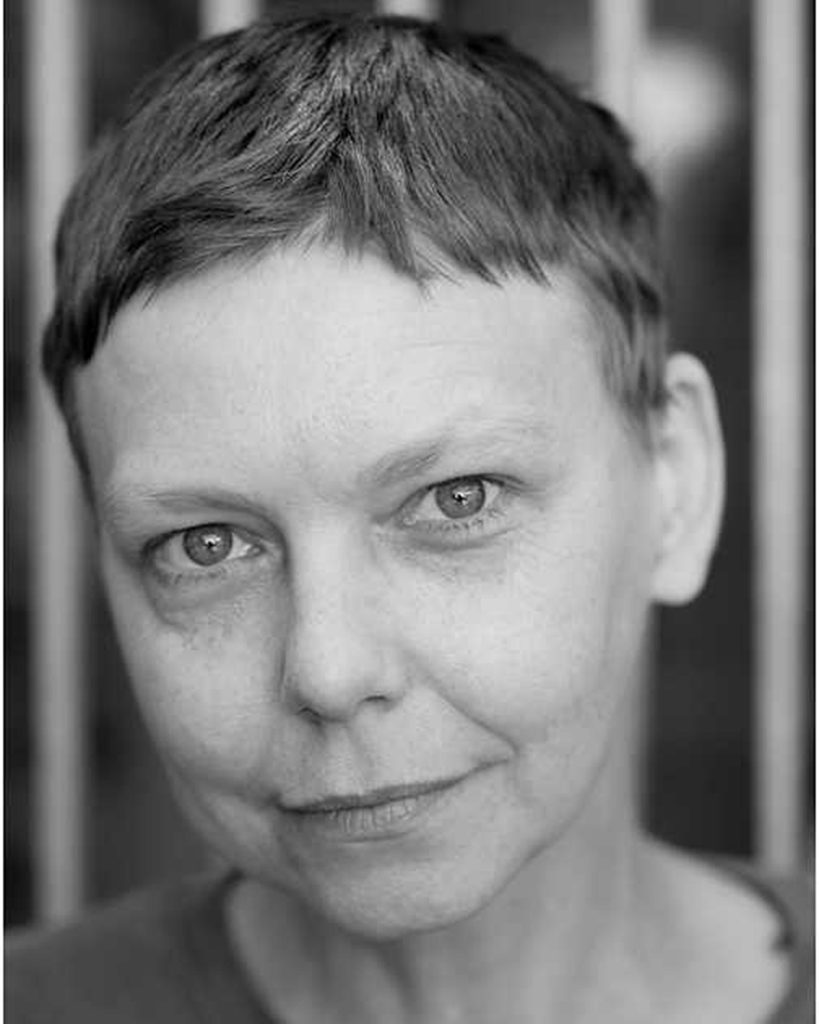Dzekashu MacViban
Stacy Hardy’s fiction navigates a written landscape between sexual politics and ontology, as the stories in Because the Night challenge the fetishization and objectification of the female body.
Because the Night by Stacy Hardy. Pocko, 2015, 152 pp.
Some writers are eager to please; their words are shrouded in politically correct enunciation and stifled by rules, such that the final product puts the reader off because it has attained a level of unsalvageable ennui. Others are unsettling, politically incorrect and more concerned with rewriting body politics. Stacy Hardy, who belongs to the latter category, navigates a written landscape between sexual politics and ontology, as the stories in Because the Night, which are rooted in contemporary South African experience, challenge the fetishization and objectification of the female body.
These riveting stories are accompanied by photography by Mario Pischedda and the pictures, which capture movement—mostly light— at night, suggest transition and uncertainty, issues which are very visible within the short stories.
Habitués of perfectly constructed storylines with plot development will rarely find any such thing here; Hardy’s fiction is more character-driven and dwells more on fragments and feelings, such that the mental landscapes are as important as the physical environment and occurrences. But the prose is very personal, mostly in the first person narrative voice as characters try to come to terms with feminity, relationships and gender politics. Indeed, there is a vulgarization of body parts in the first three stories— which set the tone for the collection, more or less— such that by the time we get to the fourth story, we are already accustomed to reading about private parts and the various metaphors which are associated with them.
Sex, is experienced and interpreted by women in a deferent manner than men, and though several stories in this collection revisit this stance, one in particular stands out. The protagonist in “A Breast is not a Leg” has undergone a breast amputation and is unable to shake off the trauma. She joins Phantom Limbs Anonymous, a support group for people who have lost body parts and realizes its futility, because none of the men there really understand what she is going through:
Men thought sex. She didn’t know how to convey the emotional aspect, the enormity of it. How did you explain this to a bunch of horny, hard up crippled guys – the multiple amputee, the prosthetically mismatched. She could feel their eyes hanging on her chest like they were squint.
She started to say, it’s more than just a leg…It’s womanhood! Femininity! Self! Sense of self! She tried to explain how it was all eroded. The guys didn’t get it. One guy said, hey, at least you don’t have to use a separate bathroom. In the end she just said, a breast is not a leg. After that no one said anything. Everyone nodded. This was something that at least they could all agree on.
Hardy handles sex in a way that it cannot be dissociated from power, race, gender, addiction and intimacy. “My Nigerian Drug Dealer” highlights desire, race and addiction, while “Artichoked” hints on loss and melancholy; love’s potential power to destroy. “Squirelling” has a similar concern as the previous story, but while the woman in “Artichoked” seeks solace in another man in the form of rebound sex, the woman in “Squirelling” eschews human contact and prefers jerking off with inanimate objects.
Somewhere around the middle of the collection, the author’s preoccupation changes. Though relationships still form the core of the stories, there is a gradual shift from sexual politics to melancholy and loss. “Conjoined” and “Story Sums” exemplify this, while “The Molester” stands out with an interesting account of the life of a mole; its subterranean life, its dreams, hopes and fears— riddled with impending doom. “Arse About Face” dives into fantasy at some point and “My Black Lover” is playful with the notion of race and is full of raw emotion.
A few inconsistencies, mostly at the level of punctuation and omissions, mar the flow of Because the Night and I hope that, given that my copy is an advanced reading copy, these will not make it to the final version. For all her fine insights into the quotidian of some women, Hardy is guilty of crafting her male characters as types, who do nothing more than serve as a springboard for highlighting women’s problems. This vice is even taken further because most of them have negative roles— deserters, uncommitted partners, drug dealers and fuck buddies, among other unsavoury roles.
There is a lot of sadness in Hardy’s fiction; many of her female characters are unhappy or melancholic, but this should not deter anyone’s interest in this collection of stories because Hardy has a deep insight into the psyche of some women and is able to highlight their struggles— both within and without— in a way which effortlessly qualifies her writing as feminist.
